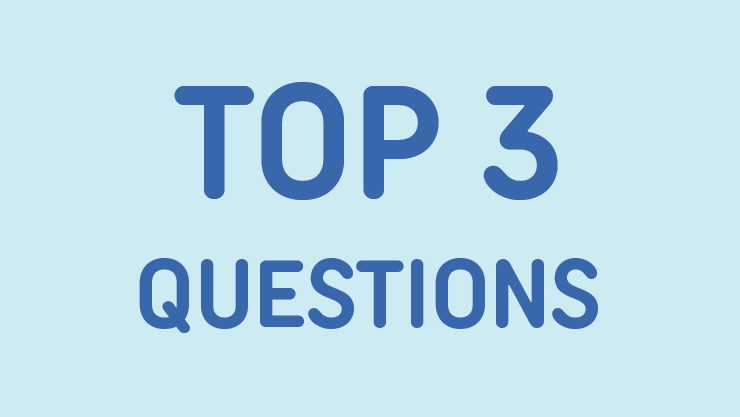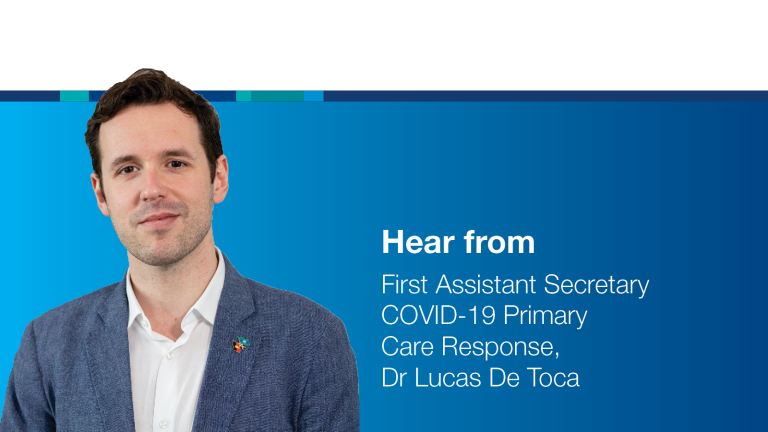
Hello, I’m Dr Lucas De Toca.And I work in Public Health, for the Department of Health. Today, I’m on Ngunnawal (INDIGENOUS TERM), on Ngunnawal country. And we’re gonna talk about preventative health measures. We’re going to talk about our heart health checks, we’re going to talk about how to prevent…
Silent chronic conditions, and some lifestyle, pretty obvious, lifestyle changes that people can do to reduce the risk of chronic disease. First of all, what is heart health check? And how can I get one? So heart health checks are just a type of check that you can get from your general practitioner, your GP, and assess your risk of heart attack or stroke. Every four minutes, someone in Australia gets a heart attack or a stroke, so it’s important that we are aware of what our risk is, and what we can do to reduce it. Heart health checks are covered by Medicare, so they’re free, if in bulk billing clinics, for general population, 45 years and over, and for Aboriginal and Torres Strait Islander People, 30 years and over. So it’s a good idea to talk to your GP, your primary, or your Aboriginal health practitioner about whether a heart health check is a good idea for you, and they’re recommended annually for those age groups. It’s a 20 minute check, it’s a conversation with your GP, they also take your blood pressure, they check your cholesterol and blood sugar levels through tests, and that helps inform an overall picture of your risk from heart-related conditions. Based on that, the GP will be able to provide you some advice on what you need to do, whether it’s medication or modifying diet or other things, or whether you’re actually fine, you don’t need to change anything you’re doing. It varies from person-to-person, and of course, health advice is individual. So the best you can do is talk to your primary care provider, your GP, your nurse, your Aboriginal health practitioner, and discuss your option of a health check. ‘Cause it might help you understand and be aware of some risk factors that might be silent, like impaired renal function. Which takes us to our second point today, which is kidney health checks and other silent chronic condition markers.
Our kidneys are very important, and are impacted by our overall health, our blood pressure, our diet. Often people are unaware that their kidney function is impaired, that their kidneys are not working as well as they could, until things get really bad. So if you have risk factors for kidney disease, such as high blood pressure, you’re older, or you’re a smoker, or have a history of kidney disease in your family, again, talk to your GP or your nurse, or your health practitioner, to consider doing a kidney health check, which normally involves a blood test, a urine test, and a blood pressure test, that will help ascertain what your renal function, how well your kidney is doing its jam, which is, among other things is to filter your blood from toxic substances and other things. And then, again, provide advice on what things you can do to reduce your risk of progressing towards kidney disease, or, to actually tell you that your kidneys are fine, and what you’re doing is fine. In terms of what kind of things people may be doing to reduce the risk of heart disease, kidney disease and others, you’ve heard this a million times, just the usual things about maintaining good health. Consider quitting smoking, which is still a major driver of heart disease, kidney disease, high blood pressure, and general disease of the blood vessels, like the arteries. There are many ways to support you quit smoking. You can call quit line on 13 QUIT, you can get medical support through your general practitioner that is also supported through Medicare. So just have a chat with your regular healthcare provider, if you are interested in quitting smoking, to see what options you have. And then, if you can, continue to practice physical activity, reduce your alcohol intake, their guidelines recommended no more than four standard drinks in one sitting, and no more than 10 standard drinks in a week, and remember a schooner of beer is not one standard drink, it’s between 1.4 and 1.6, so have a look at what a standard drink is, but the general advice is less alcohol, better. Healthy diet. If possible, a balanced diet. It doesn’t mean you have to necessarily exclude all groups, but a healthy diet in general is a good idea. Try to maintain healthy weight. I’m fully aware that there’s many conditions and many factors that impact on that, and keep a good sleep. And maintaining a healthy blood pressure, which you can actually check as part of that heart health check with your provider or at a pharmacy or at a provider is a good thing that you can do, as well as maintaining good cholesterol levels, which your diet and other factors impact into. Overall, anything you do that helps you maintain a healthy lifestyle, healthy diet, noting that people’s circumstances are very different and it’s very hard for a lot of people in their context to fulfil all those elements, helps. So even if you can do a few things of those is a good idea, but ultimately, talk to your GP, talk to your health provider, and they can look at a personalised plan for your particular circumstances that can help you stay healthy and prevent chronic disease.
That’s all for today. Thank you.
Top 3 questions
- heart health checks
- checks to help prevent ‘silent killers’
- lifestyle changes to help prevent silent chronic illnesses









